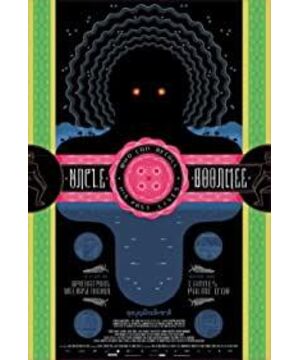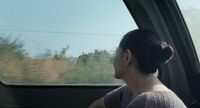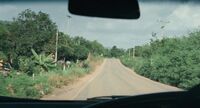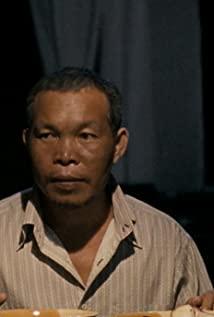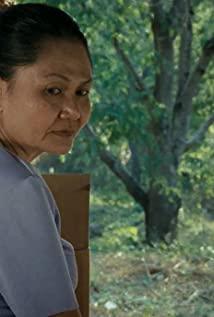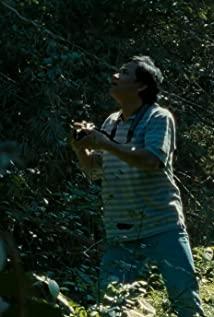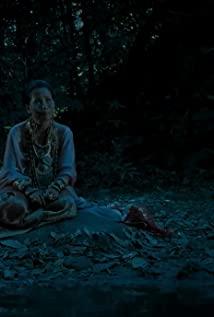Azhen and Dong went to the countryside to visit this dying Uncle Bomi and take care of his life. Uncle Bomi relies on an illegal Lao worker to do kidney dialysis for him. Bomi's wife, who died 19 years ago, and Ah Zhen's sister, Ahui, came back to visit Bomi. After that, Bomi's missing son turned into a monkey spirit and came back to explain why he disappeared into nature. A Hui took Bomi, Azhen and Dong to a cave. Bomi said that this was the place where he was born in his first life, and then he died. At the end of the movie is Bomi's funeral.
This is a story full of Eastern philosophy of life and death. It is the experience of Uncle Bomi, who can recall the dead and return to his previous life, at the moment of death. Under the guidance of Ah Hui, returning to the cave symbolizing the "womb" is not only the process of Bomi returning from human life to nature, but also the process of reincarnation through death into this life and the afterlife. Similarly, in one of the episodes of the film, the process of Bomi's son becoming a monkey spirit can also be seen as a process in which he abandons human attributes and enters nature and gods. This process is anti-human and anti-social.
According to Buddhism, the normal view of life and death lies in reincarnation, while being a ghost is abandoned outside of reincarnation due to various reasons. Bomi’s wife was unable to enter the cycle of reincarnation because of her concern for the living, that is, Bomi, and she was called a ghost. Therefore, when Bomi hugged A Hui and asked "Where should I go to find you when I die", A Hui took Bomi back to the place of his reincarnation, thus achieving the detachment of the two. This detachment is anti-"heaven" (Ahui said "there is nothing in heaven"), which is anti-Western religion.
In another episode of the film, at the moment of Bomi's death, it seems that he can travel through time and space, and back and forth between previous and next lives. The pictures are full of armed soldiers. These pictures can be seen as Apichatpong’s hints to the turbulent Thai political situation, but they are more of a metaphor of modernization’s contempt for gods. Soldiers with guns have captured a monkey spirit, which is exactly the kind of expression. Human society’s violence against nature.
The film has a mysterious ending. Dong who guards the spirits of his uncle has to be a monk (during the period, he cannot take a bath, eat after noon, and cannot touch women). Think about Dong’s dream of Yushuizhihuan, how can he keep it? I could live with my loneliness, so I sneaked into A Zhen's house, took a shower and changed clothes, and suggested to eat. After that, A Zhen and Dong appeared to be clones, one pair stayed in the room to watch TV, while the other pair went to the restaurant to eat. This anti-religious and anti-custom ending indicates that modern Thailand has lost the worship and abiding of traditional rituals and rules, and the clone symbolizes the break and differentiation of Thais in the narrow gap between traditional restraint and modernization.
View more about Uncle Boonmee Who Can Recall His Past Lives reviews


